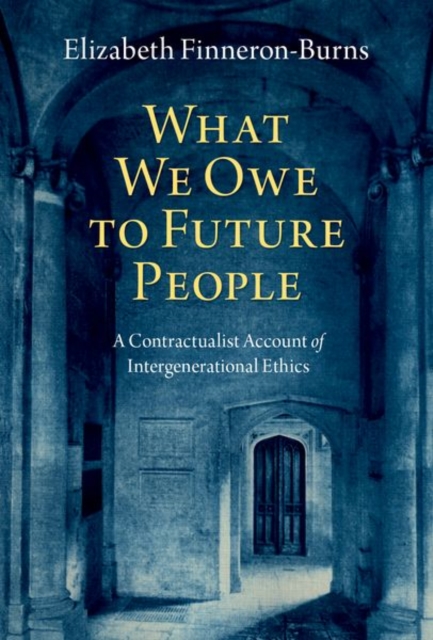What do we owe future people? Intergenerational ethics is of great philosophical and practical importance, given human beings' ability to affect not only the quality of life of future people, but also how many of them there will be (if any at all). This book develops a distinctly
contractualist answer to this question--we need to justify our actions to them on grounds they could not reasonably reject.
The book develops principles of intergenerational ethics in four main areas. How good a life are we required to leave future people? When is it permissible for an individual to procreate? Should we try to ensure as many people as possible live in the future or allow humans to become extinct? How does the fact that we do not always know how our actions will affect future people change what we owe them? The book answers these questions by using the contractualist method to develop general moral principles in these areas, and then applying those principles to real-world, concrete situations that individuals and states face every day.










